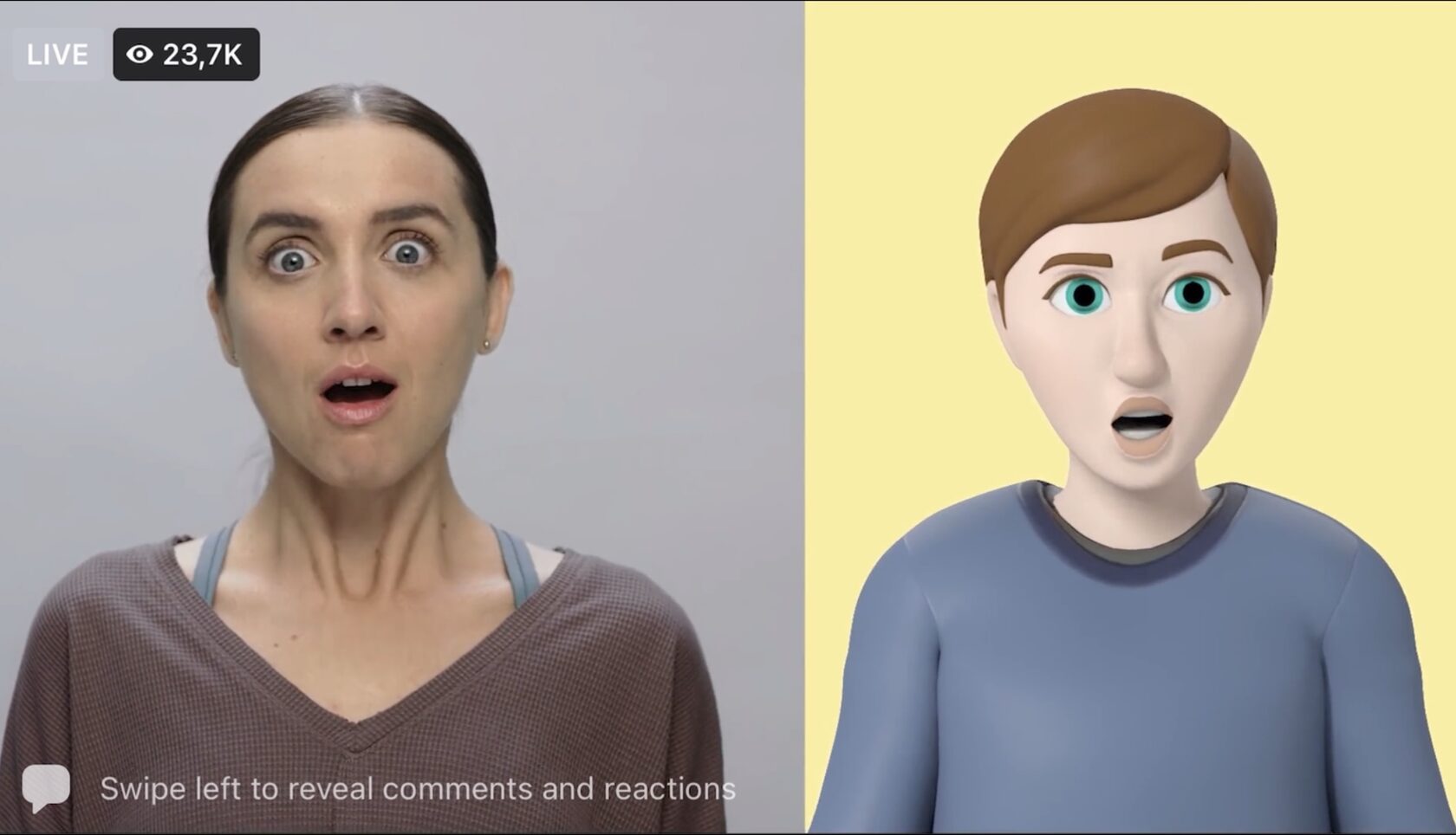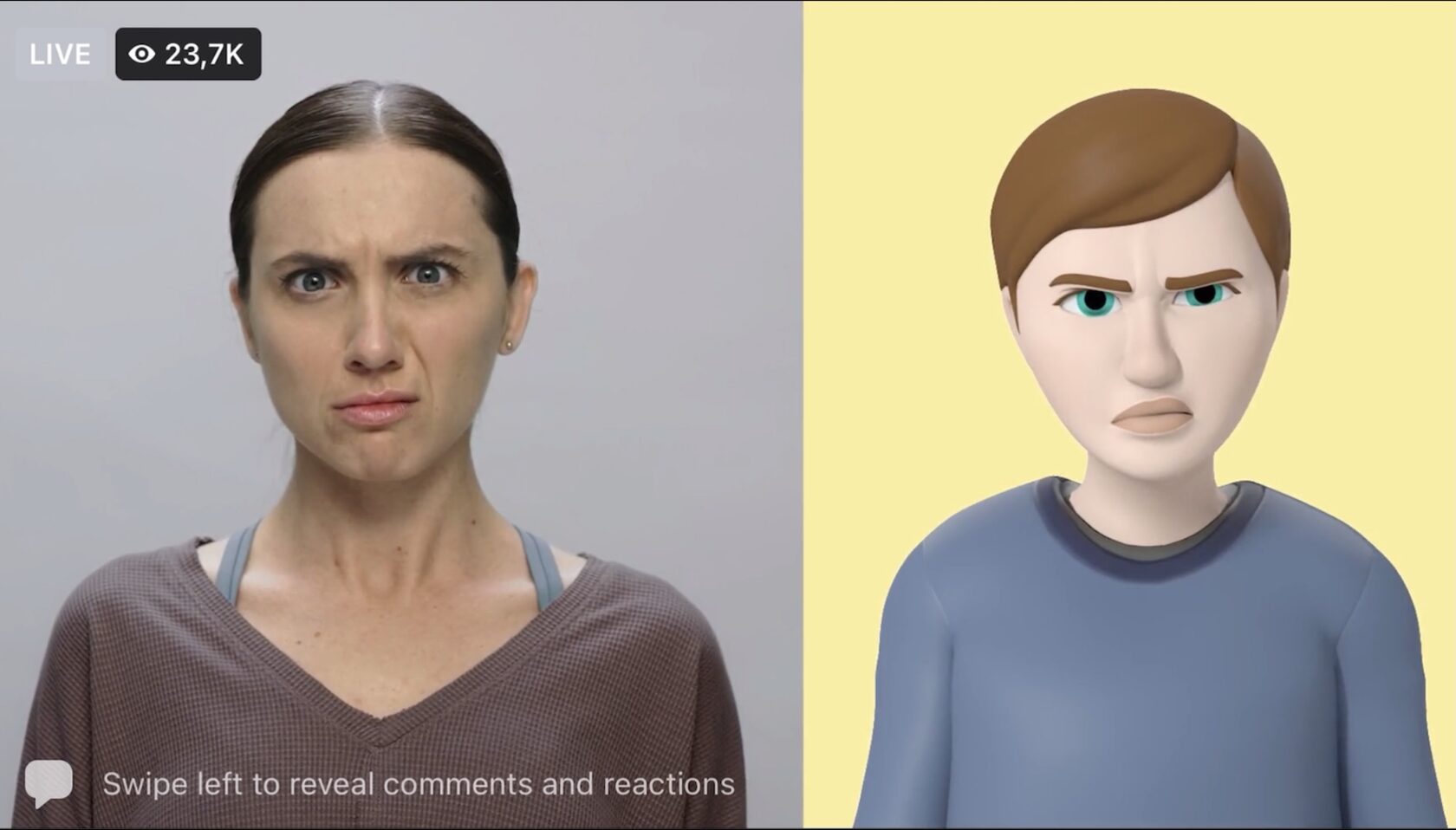Many people have seen virtual reality headsets in shopping malls and watched teenagers wearing VR headsets. Some people read predictions about it in different publications about the future. And very few of us have really put on some VR headsets (compared to people using smartphones, for example).
Zuckerberg's recent speech about the metaverse stirred up the public and forced people to talk about virtual reality, even to those who had not come into contact with it before. However, among all the experts I know, there has not yet been a single one who could talk about the practical side of virtual reality – not in the abstract future, but here and now.

The VR world needs not just so-called experts but real practitioner expertise for one simple reason. The points describing the prospects of the metaverse bump into the harsh truth: ordinary people do not understand how to actually use VR. Needless to say: while Zuckerberg promises to move us into the virtual universe, I'm still explaining to people what is the difference between Oculus Quest 2 and the plastic box where the phone is inserted (meanwhile, the difference is like between Alexander Graham Bell’s invention and the latest iPhone).
I'm not a ‘geek’ or a futurist (well, kind of, but not really), I'm a practitioner who regularly introduces a variety of people to virtual reality – from nail artist to coffee plantations owners, - and even sells them VR headsets.
I would like to show how virtual reality can be useful today, as well as how to prepare for the VR revolution that will come tomorrow.

Many people think that virtual reality (VR) is "somewhere around there". In fact, VR is "here and now." Even today, people create virtual worlds, immerse each other in VR broadcasts and manage YouTube channels filled only with virtual reality videos. With the help of VR, you can get ahead of the competition. While your competitors lag behind the innovations, you may already create your own galaxy in the metaverse.
I will try not to delve into speculative arguments about the future and proposals to evaluate the VR gaming industry – certainly important and necessary, but... very specific. Virtual reality is a practical tool that you need to have time to use before others learn about this "magic pill".
Let’s dive into the “Matrix”!

Creating your galaxy in the metaverse is as easy as creating an Instagram account
During Zuckerberg's speech, when he talked about the metaverse, many people underestimated the part where a dark-skinned girl (the founder of an online candle shop Jackie Aina) talked about small businesses of the future and online stores in particular! Well, the viewers had better looked at it more closely! After all, this directly affects most business people today.

The fact that small business today completely depends on large corporations is no longer news. To create an online store and expect customers to miraculously find it among millions of similar others - it seems to me, no one does such stupidity today, even in a remote province.
Everyone somehow starts a page in a social network and does some promo, runs advertising in Google Adwords, tries to interact with bloggers who work in the same social networks. All this is Facebook (or, as they are now called Meta), Google (I must remind that YouTube belongs to its ecosystem), Twitter – the corporations which small businesses have to learn how to deal with. It is almost impossible to get away from it completely – except that your business is totally offline (but given the series of lockdowns, this is rather bad news) or so specific that customers transmit your contact just through word of mouth – again, a complex story and quite rare.
On the other hand, corporations cannot live without small businesses – otherwise, how will they earn? Google, Twitter and of course, Meta receive most of the funds from the sale of advertising, and the more business people remain on a particular platform, the better things are for a particular corporation.

The business of a dark-skinned girl selling candles, underwear, cosmetics or clothes on her Instagram account is one of the pillars on which Zuckerberg's brainchild stands, and it should not be underestimated. Therefore, in his speech, he emphasizes her role – which, by the way, for some reason went unnoticed by many observers.

Small businesses will be able to create their own worlds within the metaverse. For example, imagine that instead of a beautifully designed Instagram feed like Jackie Aina's, you get a whole mansion where you can bring your customers to. It will be decorated with delicate pastel colors, flowers and other cute things. It will be a real paradise for shopping, where you can create your own special atmosphere. What are the chances that you will buy something in such a mansion? Very high – see the example of Victoria's Secret.
In addition, you will be able to communicate with customers as if they are right next to you – in the image of virtual avatars. They will be able to buy both physical and virtual goods, including merch from their favorite artists and brands – for use in the space of the metaverse.

Mark Zuckerberg emphasizes that the future of the corporation largely depends on innovators, and for this their interaction with the platform should be made simple and convenient. Therefore, he offers small businesses to create shops in a convenient format inside the metaverse.
By the way, I think it is no coincidence that for this part of the speech, Zuckerberg chooses a black beauty as the leading speaker, and not, say, a "typical businessman" - a European man. The background is such that anyone – he or she (feminists, sorry!) can cope with the "construction" of their space in the metaverse.
For any businessman, it is important to multiply his business as much as possible. Entrepreneurs create social networks, websites, set offline points and so on. Building your galaxy in the metaverse is one of the most important elements of building your business in the future.
Bill Gates' famous saying "If your business is not on the Internet then your business will be out of business”!" is going to be transformed into "If your business isn't in the Metaverse, you're not in business."
Coffee plantation with a billion people
- So you say I can teleport people to my plantation right now?
- Sure. And show how you grow coffee there.
- Really?
- Let's try.
I opened the Wander app (a service that allows you to see in the VR mode objects from different countries of the world - like Google maps, but in VR), confirmed his exact address, typed it in the app - and passed him the VR headset.
Until that moment, Roberto didn't believe how real it could be. As a result, he felt like not in the middle of a room in Moscow, but somewhere in Bolivia. He waved his arms and shouted, "Wow! Here are the houses next door to the plantation. And here's the production. It's funny, they use the same equipment as me. So, we're going to have the same VR video but just better! And what do you need to create the same?"
Roberto immediately wanted to transfer his business to virtual reality. No wonder – people get happy when they see something close to their hearts. Entrepreneurs love and appreciate the world of their business, and try to multiply it – including the virtual format.

I think that the concept of the metaverse will allow you to interact not only with 3D avatars, but also fall into portals where everything will look like in real life - right here and now, and in the format of virtual reality. This will be facilitated by the spread of VR cameras and VR broadcasting services (such a service I am developing now), a more user-friendly interface for interacting with the VR format and the growth of 5G Internet coverage. Indeed, VR and 5G are closely related, and the VR video stream requires quite high speeds to maintain image quality.
The 5G Internet will allow you to quickly transfer video in virtual reality and teleport your customers to your production facilities, your store, cafe or even plantation. Imagine a billion people walking around your shop. Boundaries really don’t exist any more.
Crypto tokens as a universal payment system all around the world
An important point that Zuckerberg mentioned in his speech is the introduction of NFT tokens into the metaverse system. Indeed, there is a lot of talk about blockchain now, and about a year ago Zuckerberg even tried to introduce his cryptocurrency, but the regulator at the moment essentially forbade him to do so. However, nothing prevents the founder of Facebook from creating his internal token, based on NFT technology, within the metaverse.

Small businesses already know a variety of options for barter integrations with bloggers, when, for example, a beauty studio proposes a blogger laser hair removal, and the blogger publishes a post about it on Instagram. There are even startups that allow you to automate this. The metaverse will be able to expand this barter system, leading it essentially to a new economy. In principle, this duplicates the development of the human economy in general - from barter exchange to an extensive and complex financial system.
The girl Maria from the future will be able, for example, to buy merch from Jennifer Lopez and pay for it with NFT-tokens in the metaverse. Suppose that Maria received these tokens from McDonald's for the fact that she hung their logo for 24 hours in her space in the metaverse (analogue of today's Instagram stories). She paid the rest of the fee received through McDonald's to her manager Kate who used it to buy a new album of the BTS band, which all the time plays, in turn, in her small space in the metaverse.

Thus, the internal currency within the metaverse, based on the blockchain, will become a convenient payment method for business. Real money in this case, perhaps, will be no longer required (however, here we come to the question of the money philosophy and what is "real money" in the modern world - perhaps, we will not go so deep), because the lives of many people will be concentrated within the metaverse. They'll work there – more on that in a moment. There they will earn internal currency and there they will spend it, buying something in the same metaverse from their favorite artists or bloggers. By the way, do you remember the film "Ready Player One", where visitors went to a virtual shopping center, took virtual goods into their cart, and then delivery brought them directly to the house.
By the way, even now people earn using NFT technology – for example, my friend who is an artist creates paintings in virtual reality and sells them using NFT tokens. At the moment, this technology is more common among people of art, but what stops opinion leaders or business people from using it? It is convenient, secure and simplifies the payment system around the world. Of course, regulators will later also interfere with this system, but given the greater freedom of payments using blockchain systems, it is likely that this will be easier to do.
For example, now, in order to pay for the services of Chinese colleagues, I need to deal with WeChat, and to pay for the services of American partners, I have to pick up PayPal. In turn, none of them wants to deal with Sberbank online. All this is long, difficult and takes large transaction fees. Crypto payments through the metaverse token system should simplify this task. Although I repeat that most likely, the regulators here will say their strong word, which we have yet to hear, but in general, judging by the development of the cryptocurrency system, it will be more flexible and more focused on international payments. Thus, the global village becomes even more global.

Plus, virtual goods will have the same meaning as physical ones. Zuckerberg emphasized this in his speech when he showed two girls who, after a real concert, transform into virtual avatars and go to buy merch of their favorite artist with the help of NFT tokens. Although I personally have doubts whether it is real or not, because one of them is in the format of a hologram - we can assume that in fact this is a VR broadcast within the metaverse)
Big Brother is watching you – more closely than ever
Another important feature of the metaverse, which Zuckerberg may have deliberately kept silent about, but which are plain to see, is the collection of user data. Well, we have an article for business, and for business, this is just good news. The founder of Facebook mentioned that the new virtual reality headset, which resembles something between the Oculus Quest and Oculus Quest 2, can more clearly track the eyes and even facial gestures.

However, even now virtual reality headsets can track eye movements. Now imagine: you don't need to analyze what your customer is most often looking for, you don't even need to listen in their conversation (we all know what lies behind the permission of an app to record audio), you just need to analyze where the customers’ gaze falls, what they focus on in your virtual store in the metaverse.
What does the visitor look at: pink candles or green, like Jackie Aina? Is it a set of red underwear or white? With or without laces? Being the owner of the store in the metaverse, you see all this clear as day. You don't just read your shoppers' facial gestures when they shop in the metaverse, you even read their eye movements and what they focus on, and how and what they react to. Of course, these are great business opportunities, but of course, huge amounts of data.


However, not all users will want to allow stores and businesses to analyze all their preferences in this way, and, most likely, in the future there will be other devices that will allow anonymous visits to stores in the metaverse. By the way, it is known that Apple in its new devices rely on the anonymity of users. Given that Apple is also going to release its VR glasses, they may also beat it in one way or another. But this will be the next step, and for now, business in the metaverse will receive simply unlimited opportunities for analytics.

Importantly, the metaverse will create many jobs, as Instagram created them. I really like the example of Jackie Aina, because really, with the help of the Internet, now you can create your own business, build a personal brand and clearly declare yourself. The same can be done in the metaverse on a new level, and the metaverse will create new jobs. For example, people who decorate your store in the metaverse, who advertise it, who work there as consultants, who create chatbots that look like real people under the guise of virtual avatars using artificial intelligence and are perceived as live consultants ... In any case, new jobs will be provided, and, probably, not all of this will be able to cope with artificial intelligence ... though, who knows!
Thus, the metaverse opens up very big opportunities for business. If you want to get acquainted with the possibilities of the metaverse, then write to me on Instagram @anna.vrayu or by e-mail anna@vrayu.club, I will be happy to answer your questions.
If you are from Russia and don't know how to pay for foreign services, here is the answer